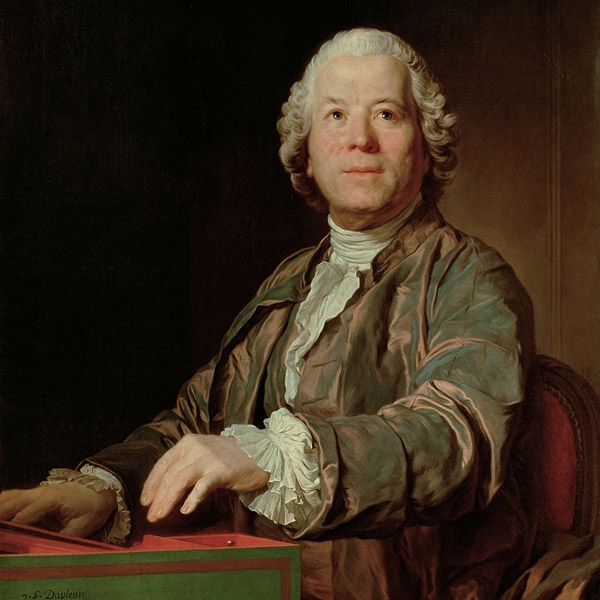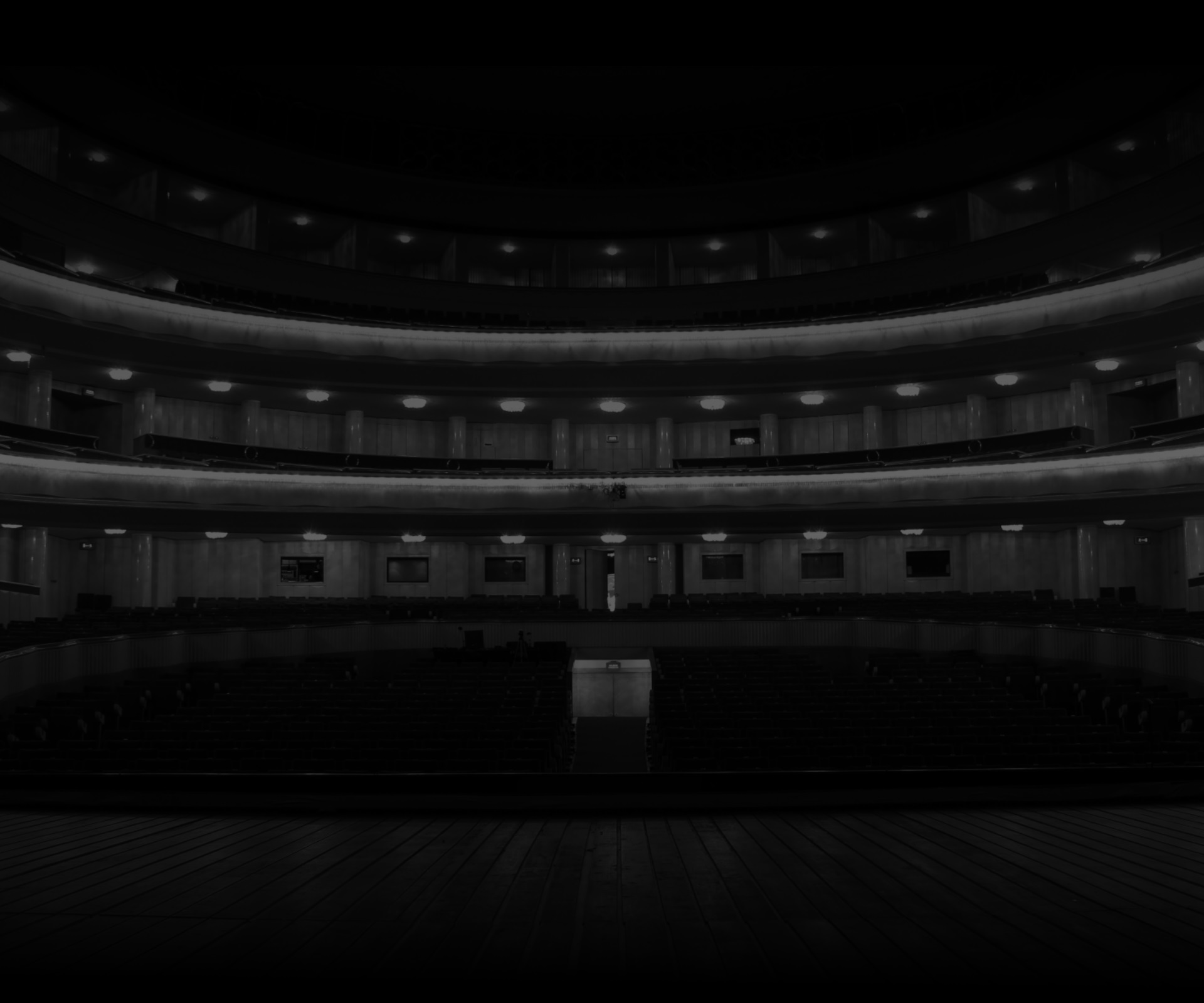
Christoph Willibald Gluck (1714–1787) was a German composer and opera reformer. From early childhood he took his musical education into his own hands. Aged thirteen, he ran away from home to make a living as a wandering musician. He started a more formal encounter with music in Prague. Next he travelled to Milan via Vienna. There he met Giovanni Battista Sammartini, world-famous musician and teacher, who helped Gluck stage his first opera Artaserse in Milan. The premiere was a huge success, and new contracts followed. Gluck's fame reached London, where two of his operas were staged, yet to no great success.
Gluck spent the following years travelling around Europe, staging operas he would write in the process mainly to Metastasio's librettos. Having stayed in Dresden, Vienna, Copenhagen, and Naples, he settled down in Prague. There he married a daughter of a wealthy merchant, securing a comfortable life for himself and his in-laws' useful connections. New commissions and premieres came soon enough.
A turning point came in 1762 when, together with a new librettist Rainier de' Calzabigi, Gluck composed a revolutionary opera Orfeo ed Euridice. Thus Gluck set out on a crusade against opera cliches: he introduced formal changes, first and foremost, making a clear distinction between recitative and aria, and giving more prominence to the chorus and orchestra. Gluck's next opera following the new format was Alceste.
Given the strong position of Italian traditionalists in music of that time, the revolutionary composer soon had a ing list of opponents, which led to a visible fall in his popularity. In the end Italian theatres gave up his pieces altogether. Gluck's novelties were in turn appreciated in France, where his new opera scores would soon start to travel. In consequence, Gluck moved to Paris, where French versions of Orfeo and Alcesta received premieres along with his last masterpieces Armide and Iphigénie en Tauride. Before this happened, however, a fierce war had broken out in Europe between proponents of Gluck's reform, or "Gluckists", and the composer's main opponent Niccolò Piccini and his followers, "Piccinnists".
After the flop of his 1779 opera Echo et Narcisse, Gluck left for Vienna where he lived until his death in 1787, returning to composing only occasionally.
The impact Christoph Willibald Gluck made on the development of opera cannot be overestimated. Without the reforms he introduced, we would have never experienced the masterpieces of Mozart, Verdi, or Wagner.
ORFEO ED EURIDICE
Christoph Willibald Gluck
Opera in three acts | Libretto: Ranieri de’ Calzabigi | In the original Italian | Co-produced by: Slovak National Theatre, Bratoslava | Premiere: 23 May 2009





